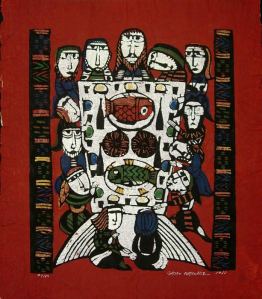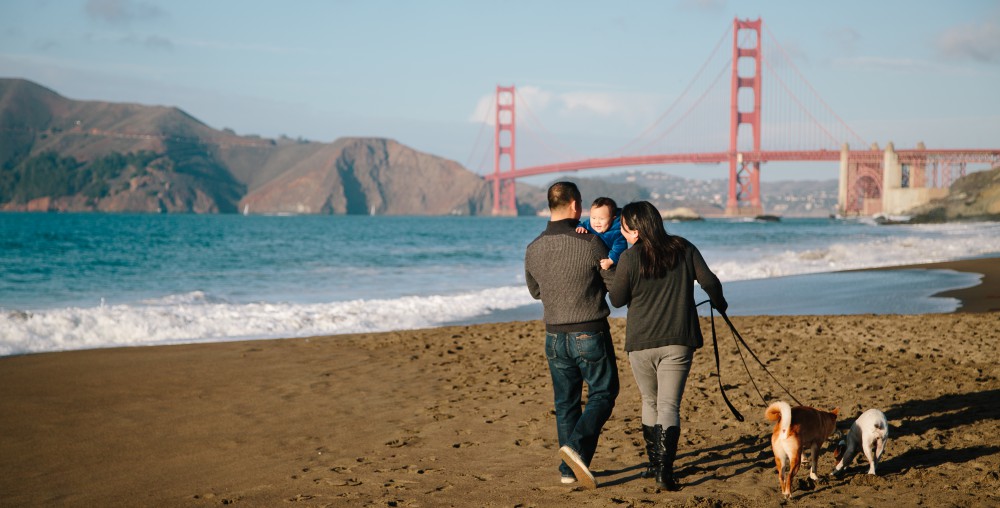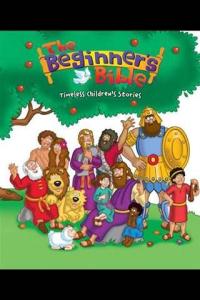
Artwork by Sadao Watanabe
I think about Jesus, sitting at that table, eating his last meal, accompanied by people who had promised to follow him, who were supposed to be his friends.
And he knows, that these very people, these very disciples whom he has chosen, whom he has shared his life with, would soon go on and fail to pray with him, betray him, deny him, forsake him at his hour of greatest need, and then go into hiding. Every last one of them would leave him in the end.
I think about Jesus, sitting at that table, eating his last meal, sitting with the betrayer, the denier, the sleepers who can’t keep watch and pray, and all those deserters.
And I wonder, what would I want to say to them? What would be my last words to this sorry band of followers? Maybe something about loyalty? Or courage? Maybe something that would really eat at their conscience as they looked back on these last hours and remembered our time together.
I don’t know what I’d say these supposed friends and disciples, but I do know that the last thing on my mind would be love, and particularly my love for them. And a love so profound and deep, no less, that it overflows into action, into humility and service, into intimate touch that washes the feet of these great disappointments.
I think about Jesus, sitting at that table, surrounded by those he should’ve been able to trust, should’ve been able to count on and lean on, and I know, if it were me, I couldn’t do it.
I couldn’t do what he does. I couldn’t give of myself that way. I couldn’t stare into the eyes of the one who will betray me, into the eyes of those who will desert me, and love them any way, and not only love them, but show them that love in complete humility and service.
I’d like to believe that I would, but if I’m honest with myself, I know that I couldn’t do it.
I confess that I have a hard time loving well even those who are good to me, those who have supported me and loved me in return, I have trouble loving even them well.
I’m selfish and calculating, I’m guarded and afraid of getting hurt.
It’s hard for me to love fully and with abandon; I prefer to be careful and cautious.
And maybe some of you can relate to that.
Love, even shared with those whom we know well and trust, can be risky, asking of us too much intimacy, too much honesty and too much vulnerability.
Mother Theresa once said, “I have found the paradox, that if you love until it hurts, there can be no more hurt, only more love.” The problem is, most of us don’t love until it hurts, in fact the moment we sense anything uncomfortable or frightening, the moment we’re confronted with even the perception of pain, we run the other way; we don’t dig deeper; we don’t love harder; we leave.
And we come from a long line of leavers, a long history of those who’ve walked away and left:
we are all Adam & Eve, walking away from the gates of the garden;
we are all Jonah, running from Ninevah and God’s call,
we are all the prodigal running away with our inheritance,
and we are all Judas running from the Passover meal, feet, recently washed by the one we will betray.
Teresa of Avila has this beautiful poem about us being the body of Christ in this world:
“Christ has no body on earth but yours, no feet but yours, no hands but yours.
Yours are the eyes with which he looks with compassion on this world.
Yours are the feet with which he walks to do good,
Yours are the hands, with which he blesses all the world.”
And, indeed, we, the church, are the body of Christ to this world, and I believe that, yes, we are called to be like Christ.
But this week, as we relive the passion of the one whom we call our Lord and Savior, we are made grossly aware, that no, we are not Jesus. Because if we were, what we commemorate, what we celebrate, the love we are given, none of it would’ve happened that way.
We are not Jesus. There are some things that only Christ can do, that only God incarnate can do. We cannot do them.
We cannot love unconditionally; we cannot save humanity; we cannot be the life and the resurrection. It seems impossible because it is impossible for us. There are some things that only Jesus can do, and thanks be to God, he has already done them.
Now, please hear me, when I say, I believe we are capable of amazing things. And we are called to be Christ to each other, we are called to transform the world, and yes, I even believe we can do it, but only with God’s help.
And this week, this Holy Week, we are given the gift to stop and pause. We pause to recognize and acknowledge our own frailty, our own failures and our own complicity. We pause to affirm that while we are called to be like Christ, we are not the Christ.
This week, we pause.
And on this Maundy Thursday, we acknowledge that, today, we are not the hands and feet of Christ, we are the hands that receive the bread from the Bread of Life, and we are the feet that are washed by the Son of God.
This week, we are not the hands and feet of Christ. We are the ones who will drive the nails into those hands and feet.
This week, we watch the story unfold yet again, and we take our place in that story, not as Jesus, but as the ones whom Jesus loved and forgave.
Despite our shortcomings, despite our betrayal, despite our denial, we are the ones whom Jesus loved.
It is to leavers and deserters like us, to betrayers like us, to sinners like us, it is to us that Jesus speaks these words, not of anger; not of reproof; not of blame, but of love. Of deep, abiding, ceaseless love…
And though we fail again and again. Though we fall short again and again, God’s mercies never end. And God’s love never ends.
It is because of that radical love and grace shown first to us, that we can rise again from the ashes of our own failures and shortcomings to choose once again to follow Christ.
Even those fickle and frightened disciples who sat with Jesus around that table, they, too, were transformed by this love, and all but one of them would continue, picking up the broken pieces of their faithless lives to try again.
And it is my belief that even that one disciple, that even Judas who could not, in the end, forgive himself, it is my belief that he, too, was loved and fully forgiven by God. But our reality is that sometimes, the hardest thing to do is to receive and accept that kind of love and grace.
And so, this week, this day, we are invited to take off our shoes and bare ourselves to Christ.
To allow Jesus to touch us in the places we’d rather keep hidden.
To allow God to shine light into the dark places of our hearts that we pretend don’t exist. And we are invited into a love so deep and intimate, so consuming and constant, that what matters is not how we’ve failed in the past or how we will fail in the future, but that God loves us so much, right now, that God prostrates before us to wash our feet.
Will we let Jesus wash our feet, or will we, like Peter respond, “You will never wash my feet,” scandalized by such an uprooting of societal norms and breech of polite rules.
Will we allow Jesus into our lives to wash our feet?
Can we lay ourselves bare before him, vulnerable and broken?
And will we let him love us, not with the love that we deserve, but with the love that can only come from the Creator of the universe who has searched us and known us as her own.
Because then, and only then, will we be equipped to do our small part in God’s continued work in this world.
On Maundy Thursday, we remember the Mandatum Novum, the New Commandment, the new commandment to love one another that Jesus laid out and showed for us. Christ perfected and completed it; we now live it out the best we can in our own broken ways.
But only after we’ve honestly uncovered who we truly are, and recognized whose we truly are, can we go on to be who God calls us to be.
I have a quote hanging in my office that reminds me of this every day. It reads:
Dear Human:
You’ve got it all wrong. You didn’t come here to master unconditional love.
That is where you came from and where you’ll return.
You came here to learn personal love. Universal love. Messy love. Sweaty love. Crazy love. Broken love. Whole love.
Infused with divinity.
Lived through the grace of stumbling.
Demonstrated through the beauty of… messing up. Often.
You didn’t come here to be perfect. You already are.
You came here to be gorgeously human. Flawed and fabulous.
And then to rise again into remembering.
But unconditional love? Stop telling that story.
Love, in truth, doesn’t need any other adjectives.
It doesn’t require modifiers. It doesn’t require the condition of perfection.
It only asks that you show up. And do your best. That you stay present and feel fully. That you shine and fly and laugh and cry and hurt and heal and fall and get back up and play and work and live and die as you. It’s enough. It’s Plenty.”
Sisters and brothers, take heart.
We do not have to save the world; God has already done so.
We only need to receive God’s love for us, and in our own small way, share that love with one another. That is the new commandment.
And so, let us prepare our hearts for the feast of love that Christ first shared with his disciples in that Upper Room.
And in the breaking of bread and sharing of cup, let us receive that love, and in so doing, go into the world to share it with others.
Thanks be to God. Amen.

